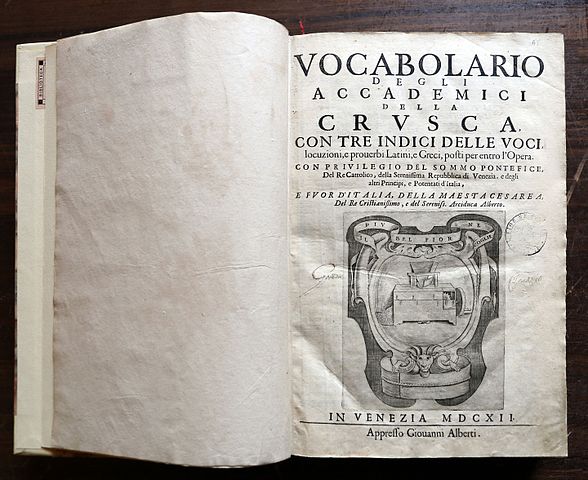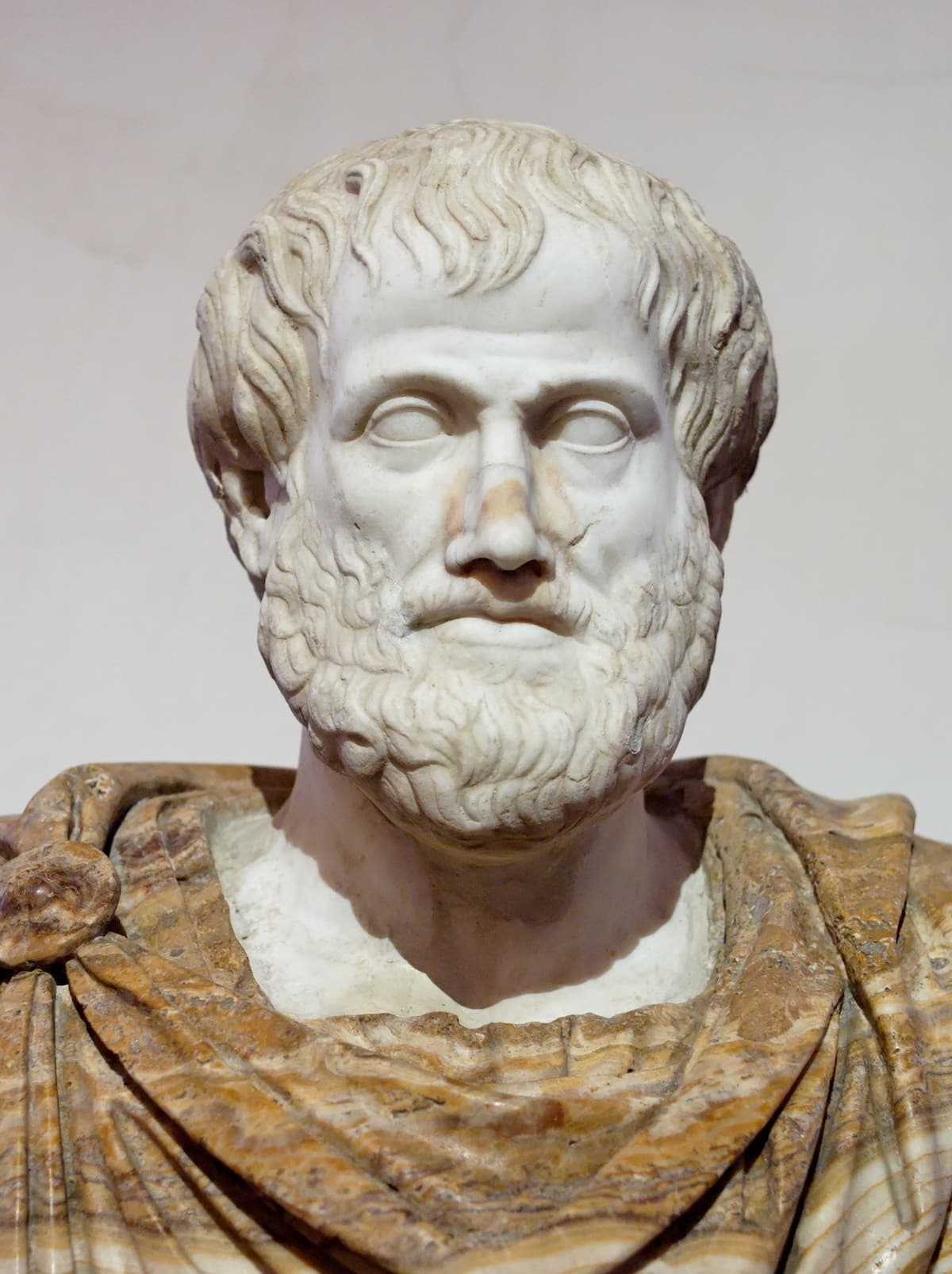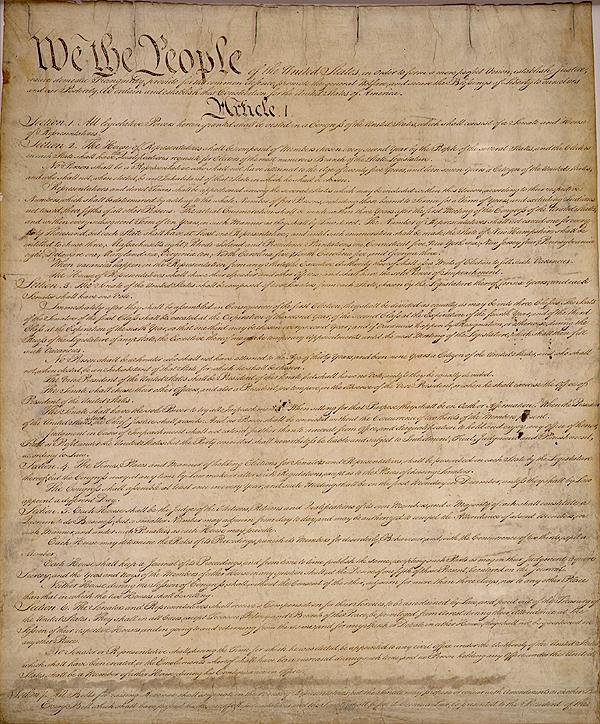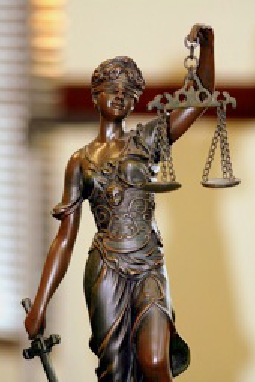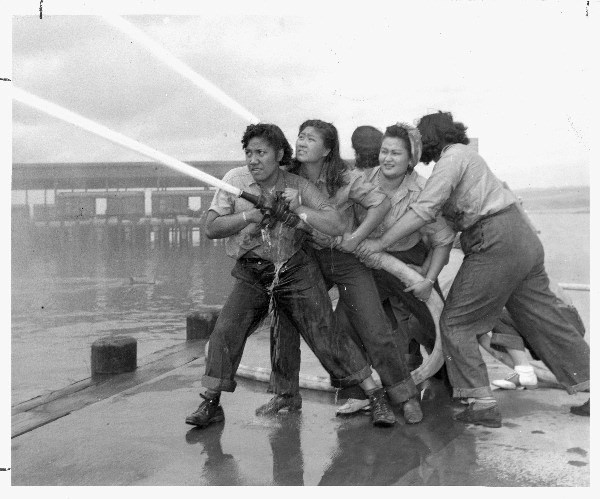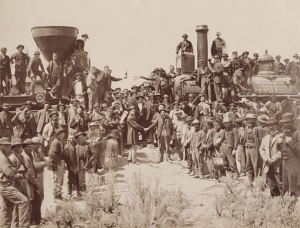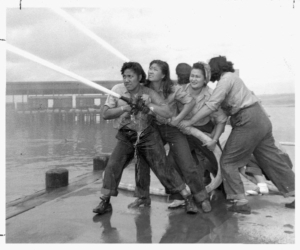Background For A New Book
This series about rights began with the observation that there is a lot of talk about rights, but not a lot of clarity about their nature and origin. I think the readings so far provide a bit of clarity. Earlier series add additional background.
Several commenters recommended Jamal Greene’s How Rights Went Wrong: Why Our Obsession with Rights Is Tearing America Apart. I’ve read the introduction which summarizes some of Professor Greene’s ideas, and I think it will be a good next step.
This post sets out ideas that form the background of my approach to Greene’s book. In the next post I’ll examine Roe v. Wade, which is at the center of a contest about rights in the US.
The nature of us humans
The Evolution Of Agency by Michael Tomasello leads me to think that we humans invented ourselves by a slow process involving observation, learning, teaching, memory and luck. Many species can learn behaviors by trial and error coupled with varying degrees of observation and reasoning. Many of those species can teach learned behaviors to others of their species by example. Humans are especially good at that. Humans add the layer of verbal communication which speeds things up. We can also pay attention to our own words and reason with and about them in a kind of iterative learning. This gradually gave us a tremendous capacity for abstraction which is a valuable asset in problem-solving.
Early humans taught their young their knowledge of what works and what doesn’t, giving them tools for survival. Natural curiosity brought change. This view of evolution is supported by Cat Bohannon’s book Eve: How the Female Body Drove 200 Million Years of Human Evolution. Bohannon says most likely females taught basic language skills to the young, on the ground that females spent most of their time tending to helpless infants.
Philosophical insights
“Of all things the measure is man: of those that are, that they are; and of those that are not, that they are not.”
That, of course, is Protagoras, quoted in §2.1 here He meant that individual observation of the world is the best anyone can do in determining facts about things in the world. The example he uses is weather. If it seems cold to me then it’s cold and if at the same time it seems hot to you then it’s hot.
But when a group of people compares notes on such observations, and generates and tests explanations, something else happens: we start to approach truth, at least truth in the sense of the Pragmatists.
This kind of truth is the goal of participants in the Epistemic Regime described by Jonathan Rauch in The Constitution Of Knowledge, which I discuss here (Side note, the earlier posts in that series took Brooks’ false definition of the term as a starting point. I wrote the linked post after I read what Rauch actually wrote.)
William James, one of the founders of Pragmatism, says that everything we think and know came from our human ancestors. Everything they taught us, including language, the meaning of words, and the rules of reasoning, all came from the actions and thoughts of our forebears.
We socialize each other. We learn how to act, think, and be human from other humans. We aren’t the individual atoms described by neoliberal economists, and we aren’t the husks created by totalitarianism. The social human is a better view than most philosophers offer. Descartes with his cogito ergo sum tries to reason his way into understanding the self, as do other philosophers, but it doesn’t work like that.
We can’t understand anything useful by starting with individuals. We only have meaningful existence in the context of our social groups. If I come up with what I think is a new idea, it only becomes useful if I share it with others who check it, and perhaps find some use for it.
Basic principles of rights
In Chapter 9 of The Origins Of Totalitarianism, Hannah Arendt demonstrates three relevant points. First, rights are guarantees given by citizens to each other. Here’s how Arendt puts it:
Equality, in contrast to all that is involved in mere existence, is not given us, but is the result of human organization insofar as it is guided by the principle of justice. We are not born equal; we become equal as members of a group on the strength of our decision to guarantee ourselves mutually equal rights. P. 301.
I read this to say that equality is an element of citizenship in a well-organized state. Each of us as a citizen participates in the public life of the group on an equal footing. Equality only exists in societies guided by a principle of justice. Arendt doesn’t say which principle of justice. To my mind this is a valuable insight, as different societies can have vastly different ideas about justice based on their own cultures. I’d guess Arendt would approve of the notion of justice laid out by John Rawls in A Theory Of Justice.
Arendt rejects Jefferson’s pious formulation that the Creator endows us with certain rights. She says, correctly I think, that we endow each other with rights and by doing so we hold those rights reciprocally. We create our own rights by consent. Over time we reach for the rights we think are most conducive to our flourishing as a group. Again, this doesn’t tell us which society is best, or what “flourishing” might mean, simply that it is acceptable to the majority.
Second, Arendt says that as a practical matter rights only have meaning if they are the creation of a state or a nation capable of and willing to enforce them against all comers, foreign and domestic. The first nine chapters of the book can be read as supporting this view, if you think of them from the point of view of people acted on by the dominant class. It is especially obvious in her discussion of the vast migrations set off by World War I. Modern examples abound, including the formation of Pakistan and Bangladesh, the attack on the Rohingya people of Myanmar, and the contemporary attack on Gaza.
Third, Arendt agrees with Jefferson that the governed must participate in social decisions as a matter of the equality of all citizens. I take that to be one of the principles of justice.
Freedom and Equality
When we say that all people are created equal we mean equality in civic life. This is the way Elizabeth Anderson talks about it as I discuss here. Here’s the index to the series, which also takes up her discussion of the dimensions of freedom in civic life. Equality is closely tied to her concept of freedom, which includes freedom from domination by others.
Supreme Court Cases
I have discussed a number of Reconstruction Era Supreme Court cases (here, here here, and here). These show the dangers of letting a group of unaccountable lawyers make decisions about rights.
Conclusion
I hope this summary helps explain how I am approaching the ideas in Greene’s book. I will use these ideas and definitions as starting points for understanding his book.
=======
Front page picture: By Sailko – Own work, CC BY 3.0, https://commons.wikimedia.org/w/index.php?curid=57477584

